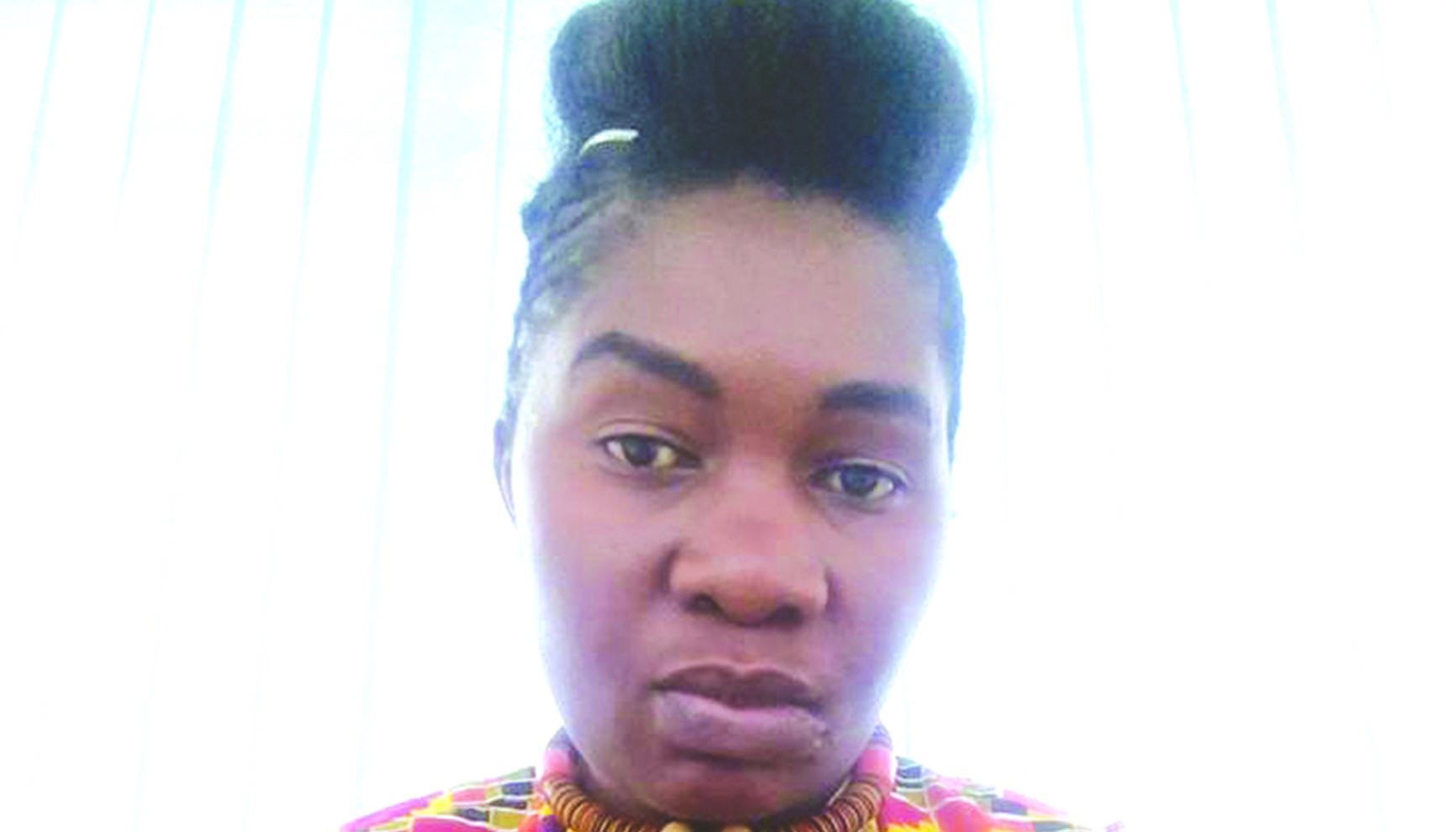
The Sunday Mail

Takudzwa Chihambakwe
Low turnout at shows, poor sales of original music and high operating costs. These are the realities most Zimbabwean musicians have to contend with on a daily basis.
The Zimbabwe Music Rights Association is supposed to provide some relief to these challenges. But is it?
Zimura collects royalties on musicians’ behalf and then collects its pound of flesh: a hefty 40 percent of the takings, which are retained as “administrative costs”.
It is no great wonder that artistes feel cheated.
Zimura’s constitution prohibits management from publicising exact figures of royalties paid to artistes, but this publication established that total revenue in 2015 and 2016 was US$781 801 and US$838 602 respectively.
Figures for 2017 will be availed after an audit.
The lowest and highest paid artiste from the last pay out in June 2017 got US$2,20 and US$4 500 respectively.
The Sunday Mail Society caught up with Zimbabwe Musicians Union chairperson Edith WeUtonga, who did not mince her words on the matter.
“Musicians are not happy with the current state of affairs at Zimura,” said WeUtonga. “While money is being collected from different music users, quite a huge percentage is spent on administration expenses by Zimura.
“The last report showed that they took 40 percent, which compared to other African countries is too much. Forty percent would be reasonable to a growing collecting society and not an established one like Zimura.”
Zimura was founded in 1982.
However, Zimura argues that it is not fair to compare it with similar bodies in the region as those countries are operating in more stable economies.
“The economic situation in Zimbabwe, among other factors, causes our operating expenses to be higher than those of other collecting societies in the region,” countered Zimura CEO Polisile Ncube.
“For instance, we could have 20 clients in the form of hotels, bars and supermarkets licenced in a particular year. When we open for business the following year, we discover that half of these have ceased to operate, yet we have fixed administration costs that we need to deal with.
“This then causes us to deduct more from the revenue that we collect from the remaining clients. But, let me hasten to say that we usually range around 15 to 32 percent for administration fees. This, however, continues to fluctuate depending on the performance of the economy.”
But WeUtonga says at their AGMs Zimura never takes time to address their concerns.
“Zimura enjoys monopolistic power and have no one really challenging them by offering a better service to the musicians,” lamented WeUtonga.
Zimura’s Ncube said most members did not attend workshops and meetings.
“Some of the members who complain do not attend meetings and workshops we hold on a regular basis where we explain some of these issues. We are a member of the International Confederation of Authors and Composers Society, and each year we get audited to verify whether we are doing things above board,” said Ncube.
The Zimura boss also highlighted that in normal circumstances artistes should not be depending a lot on money from collecting societies.
“It is sad that because with the current poor performance of the economy album sales have dropped as well as numbers at shows. Nowhere in the world do you hear artistes declaring big returns from collecting societies.
“They talk of platinum selling albums and sold out shows at big venues — these two are the top revenue earners for artistes and money from collecting societies is secondary to them.
“However in Zimbabwe we have come under the spotlight because artistes are guaranteed of getting funds from us because other avenues are no longer functioning properly.”
She also highlighted that as a society they have gone out of their way to do work not necessarily in their jurisdiction to help artistes.
“We have a funeral service facility to ensure that when our members pass on they get a decent burial and we do this at no cost to the members. We also offer legal advice for free to our members on issues to do with their rights. We are in the process of reviving our pension fund so that artistes still get something after they stop performing and their music is no longer being played that much on radio.”
With regards to royalties collection, she said: “Radio stations are also operating in the same tough economic conditions as any other company. They too have seen a decline in revenue due to fewer advertisers coming through. This has resulted in the total revenue from royalties dropping and there are many delays in the process of trying to collect.
“Migration from the manual to digital system has been a major challenge for us, broadcasters and all interested parties. We undertook the initiative to acquire the digital system that monitors 10 radio stations and television channels, however, the development was put on hold because the platform was expensive to purchase as just the hardware quotation was above US$30 000.
“On top of that the platform was to be maintained and supported from Barcelona — this among other factors made us shelve the project as the purpose and the budget could not marry.”



